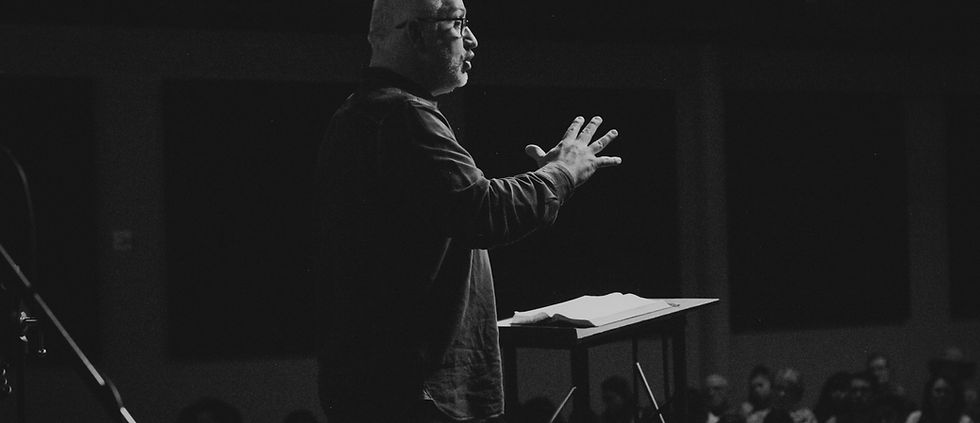
COMMUNICATION
CLEAR EXPRESSION
Communication is a fundamental skill in personal and professional interactions, pivotal for conveying ideas, emotions, and information effectively. It encompasses not just the spoken or written word, but also non-verbal cues like body language, tone, and facial expressions. Effective communication is about clear expression and active listening, ensuring mutual understanding and respect in interactions. It's a two-way process, involving both articulating one's own thoughts and attentively receiving others'.
The importance of communication lies in its ability to build and maintain relationships, facilitate understanding, and resolve conflicts. Good communication skills are essential for teamwork, leadership, and building rapport. They enable individuals to express themselves clearly and persuasively, and equally importantly, to understand others accurately. Developing strong communication skills is crucial for anyone seeking to navigate the complexities of social interactions and professional relationships successfully.

COMMUNICATING
Practice Active Listening
Listen to understand, not just to respond. Pay attention to the speaker, and acknowledge their points before presenting your own.
Express Yourself Clearly
Use clear, concise language. Be mindful of your audience and adapt your message to ensure it's understood.
Understand Non-Verbal Cues
Pay attention to body language, tone of voice, and facial expressions, both in conveying your message and interpreting others’.
Provide and Invite Feedback
Encourage open dialogue. Constructive feedback is a crucial component of effective communication.
Develop Empathy
Try to understand the perspective of others. Empathy enhances communication by building a deeper level of understanding.
THE BRIDGE
Communication is the bridge that connects individuals, allowing for the exchange of ideas, feelings, and knowledge. It's an art and a skill that requires continuous refinement and practice. Effective communication is crucial for fostering understanding and cooperation in both personal and professional contexts. It involves not only the transmission of information but also the ability to listen, interpret, and empathize. By mastering the art of communication, we open doors to stronger relationships, enhanced collaboration, and mutual understanding.
